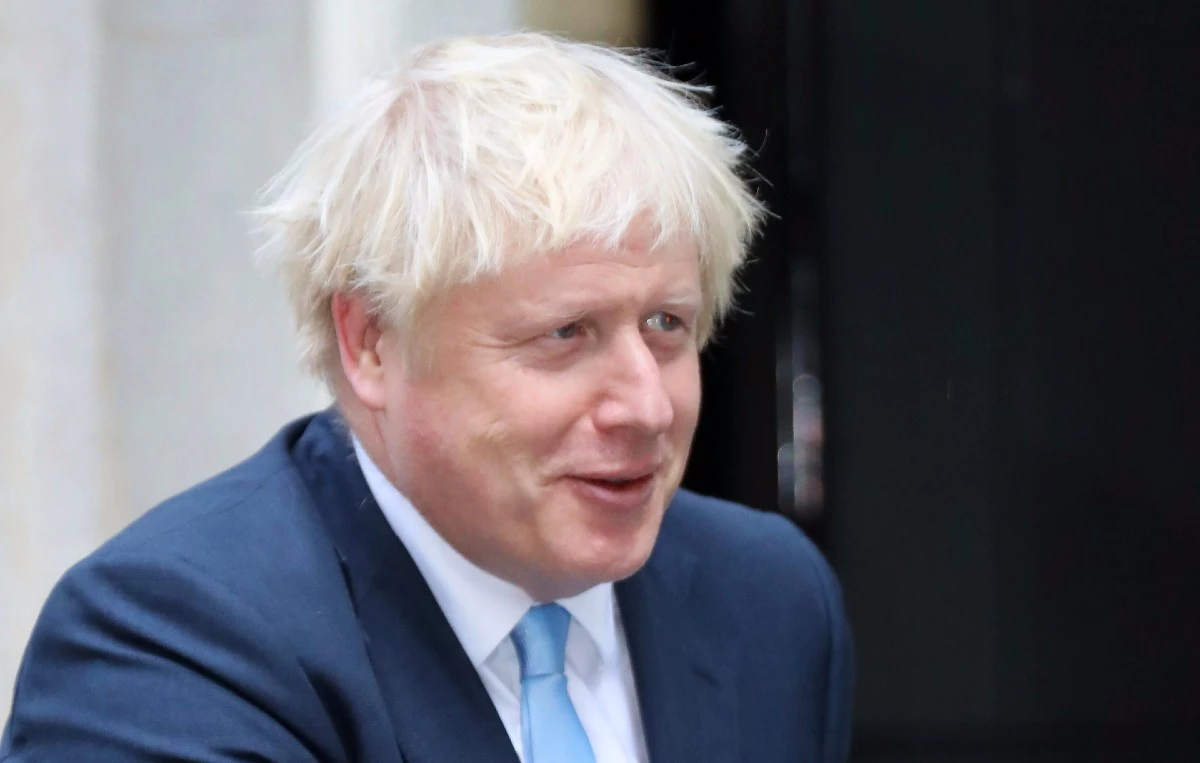The UK government has decided to allow technology from Huawei to be used in the country’s 5G network, despite intense pressure from the US for a ban.
Huawei has been designated a “high-risk vendor” but will be given the opportunity to build non-core elements of Britain’s 5G network. High risk vendors are those who pose greater security and resilience risks to UK telecoms networks.
Huawei will be banned from the “core”, of the 5G network, and from operating at sensitive sites such as nuclear and military facilities, and its share of the market will be capped at 35%.
The 35% cap will be applied to the 5G and full-fibre network – and telecoms providers will be given three years to ensure they comply, by ensuring they are not overly dependent on Huawei.
The government insists the decision does not affect the sharing of sensitive data with allies or jeopardise its aim to work towards more diversification in the market. The 35% market cap will be enshrined in legislation and enforced by the regulator, Ofcom.
The decision was made at a meeting on Tuesday morning of the national security committee (NSC), which includes key ministers and intelligence officials.
A key issue related to the decision is that Huawei is the leading global vendor in 5G, with relatively few alternative providers, such as Ericsson and Nokia, none of whom are considered to offer a like-for-like option at this stage.
Ciaran Martin, head of the UK National Cyber Security Centre, a branch of the communications agency GCHQ, said he had issued advice to telecoms companies “to help with the industry rollout of 5G and full fibre networks”.
Martin said,
This package will ensure that the UK has a very strong, practical and technically sound framework for digital security in the years ahead.
The National Cyber Security Centre has issued advice to telecoms network operators to help with the industry rollout of 5G and full fibre networks in line with the government’s objectives.
High risk vendors have never been – and never will be – in our most sensitive networks.
Taken together these measures add up to a very strong framework for digital security.
As part of the Review, the NCSC carried out a technical and security analysis that offered the most detailed assessment in the world of what is needed to protect the UK’s digital infrastructure.
The guidance sets out the practical steps operators should take to implement the government’s decision on how to best mitigate the risks of high risk vendors in 5G and gigabit-capable networks.
The government will now seek to legislate at the earliest opportunity to put in place the powers necessary to implement this tough new telecoms security framework.
Johnson is likely to face a fierce backlash from the US, which has blocked the involvement of Huawei in its networks and encouraged its allies to follow suit.
Huawei’s potential role in the UK’s 5G network has been causing controversy for months. Victor Zhang, the company’s vice-president, said:
“Huawei is reassured by the UK government’s confirmation that we can continue working with our customers to keep the 5G rollout on track.
“This evidence-based decision will result in a more advanced, more secure and more cost-effective telecoms infrastructure that is fit for the future. It gives the UK access to world-leading technology and ensures a competitive market.
“We have supplied cutting-edge technology to telecoms operators in the UK for more than 15 years. We will build on this strong track record, supporting our customers as they invest in their 5G networks, boosting economic growth and helping the UK continue to compete globally.
“We agree a diverse vendor market and fair competition are essential for network reliability and innovation, as well as ensuring consumers have access to the best possible technology.”
Questions remain over how the ‘core’ of a 5G network is being defined; and even whether “sensitive” parts of the network can be isolated in 5G network topology, given the extensive role software plays across such next-gen networks.
However, the government has ignored critical voices claiming there’s no way to securely isolate a 5G core.
The culture secretary, Baroness Morgan, who will confirm the decision in a statement to the House of Lords, said:
We want world-class connectivity as soon as possible but this must not be at the expense of our national security. High risk vendors never have been and never will be in our most sensitive networks.
The government has reviewed the supply chain for telecoms networks and concluded today it is necessary to have tight restrictions on the presence of high risk vendors.
This is a UK-specific solution for UK-specific reasons and the decision deals with the challenges we face right now.
It not only paves the way for secure and resilient networks, with our sovereignty over data protected, but it also builds on our strategy to develop a diversity of suppliers.
We can now move forward and seize the huge opportunities of 21st century technology.




